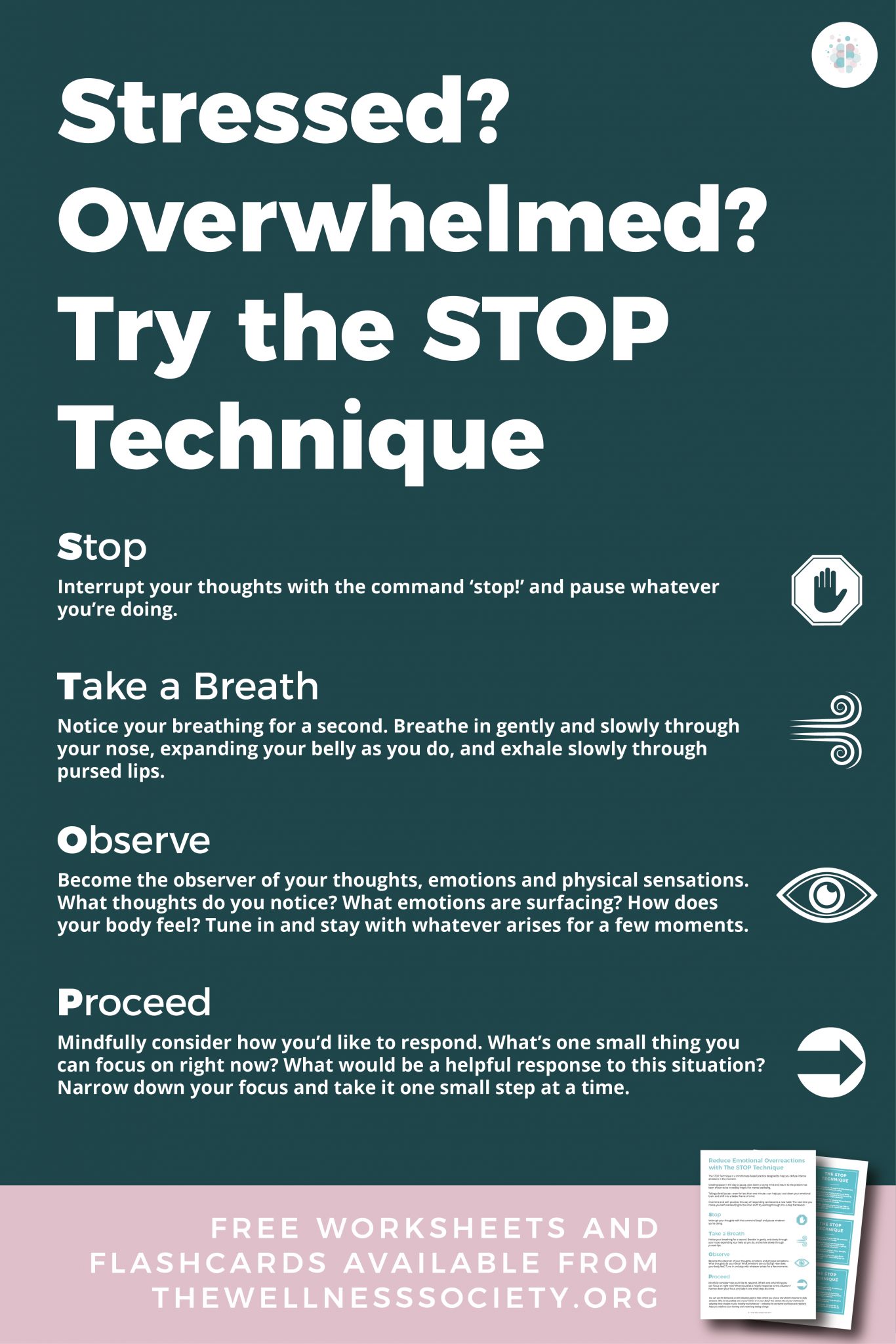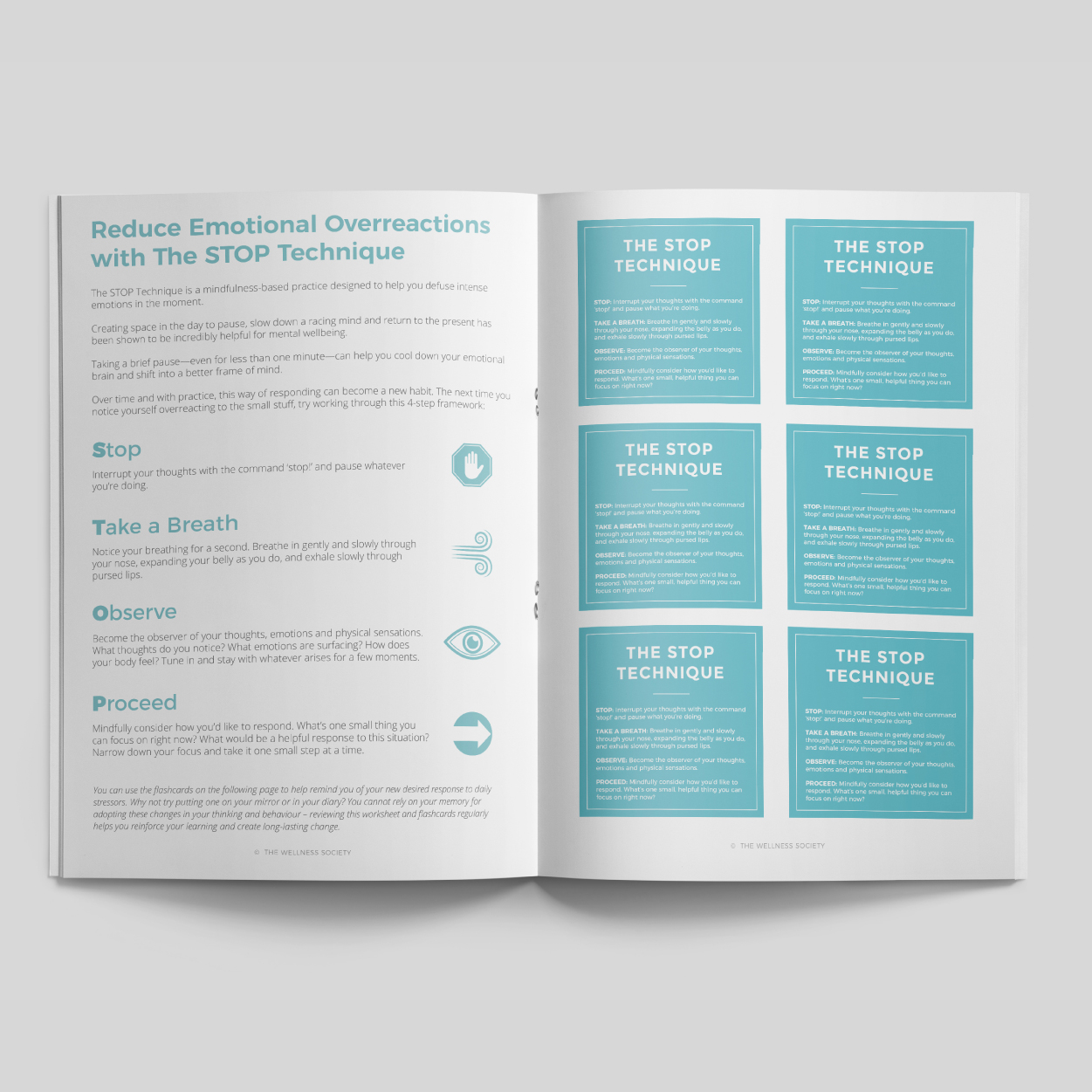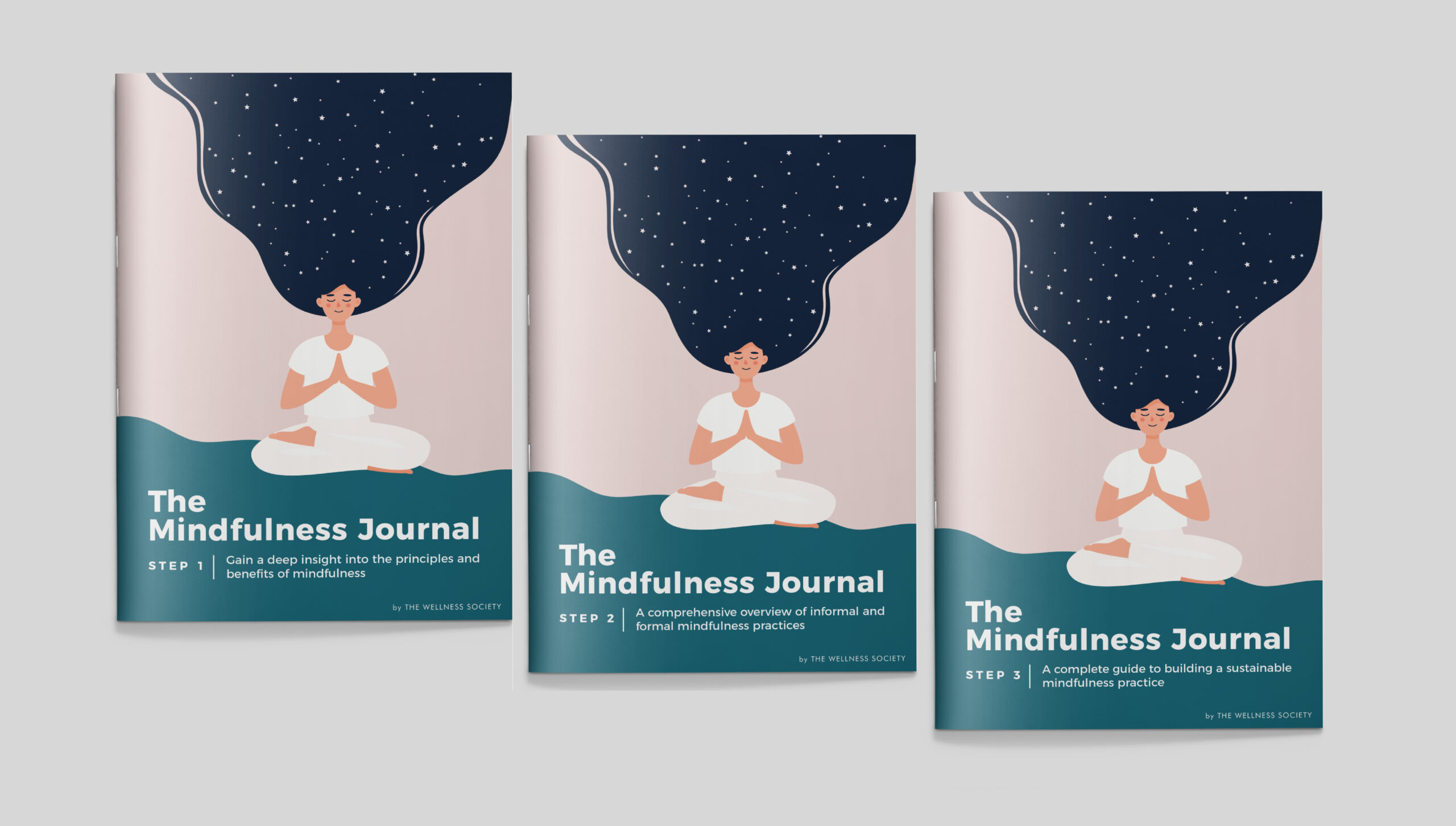
9 Effective Ways to Beat the Winter Blues Naturally
November 22, 2018
Therapy for Trauma Survivors
Online Guide
December 10, 2018How do you respond to the minor hassles that characterise everyday life? For example, what's your typical response to:
- Getting stuck in traffic?
- A stranger pushing past you?
- Seeing your train is cancelled?
We all overreact to the small stuff from time to time, but here’s the thing: research has shown that accumulated daily hassles show stronger relationships with psychological and physical issues than major stressful episodes. That’s right – how you react to the small stuff has a bigger impact on your health than major stressful life events.
The Amygdala Hijack
Psychologist Daniel Goleman coined the term “amygdala hijack” to describe these emotional overreactions. Here are three key signs of an amygdala hijack:
- A sudden strong emotional reaction out of proportion to the situation
- A realisation afterward that the reaction was disproportionate
- Regret or embarrassment around the reaction
If you've experienced trauma, you might notice that you're more prone to emotional overreactions than others. This is because early chronic stress biologically reprograms how you respond to stress as an adult.
You might experience "emotional flashbacks" in which you react to the present as though you're in the past. The same intense feelings that occurred during the trauma – fear, shame or sadness – are being triggered in the present.
The good news is that everyone can develop the mental wellbeing skills to help defuse emotional overreactions. Your ability to prevent, recognise and control your emotions is part of your emotional intelligence (EQ). People with high EQ have developed strong connections between their brain’s emotional center and their executive (thinking) center.
One technique for developing these connections is the mindfulness-based STOP technique, a four-step mental checklist. The idea is that taking a brief pause, even for less than one minute, helps you shift out of your emotional brain and into your brain’s thinking center. This helps you cool down your emotional brain so that you can gain perspective and respond in helpful way.
DBT and the Distress Tolerance Module
The STOP technique is part of the distress tolerance module within dialectical behaviour therapy (DBT), a therapeutic approach developed by Marsha Linehan.In DBT, distress tolerance skills like STOP are crucial for helping people manage intense emotions and impulsive behaviours without resorting to harmful coping mechanisms.
To learn more about DBT distress tolerance skills, check out these articles:
- A Beginner's Guide to Radical Acceptance in DBT
- What Is the TIPP Skill in DBT?
- A Quick Guide to the Opposite Action Technique
Click the image below to download the free worksheets and flashcards with further information on the STOP technique.
STOP Technique PDF Free Worksheets and Flashcards
Interested in Mindfulness Tools?
Our three-step system helps beginners as well as seasoned practitioners enhance their mindfulness skills. Explore a wide variety of methods and discover what works best for you.

About Rebecca
Rebecca is the founder of The Wellness Society and author of two fluff-free books, The Framework and Understanding and Healing Trauma. She's passionate about creating concise and compassionate mental health and wellbeing tools that address the root causes of distress. Read more about her views on our About page.Pin This Page




